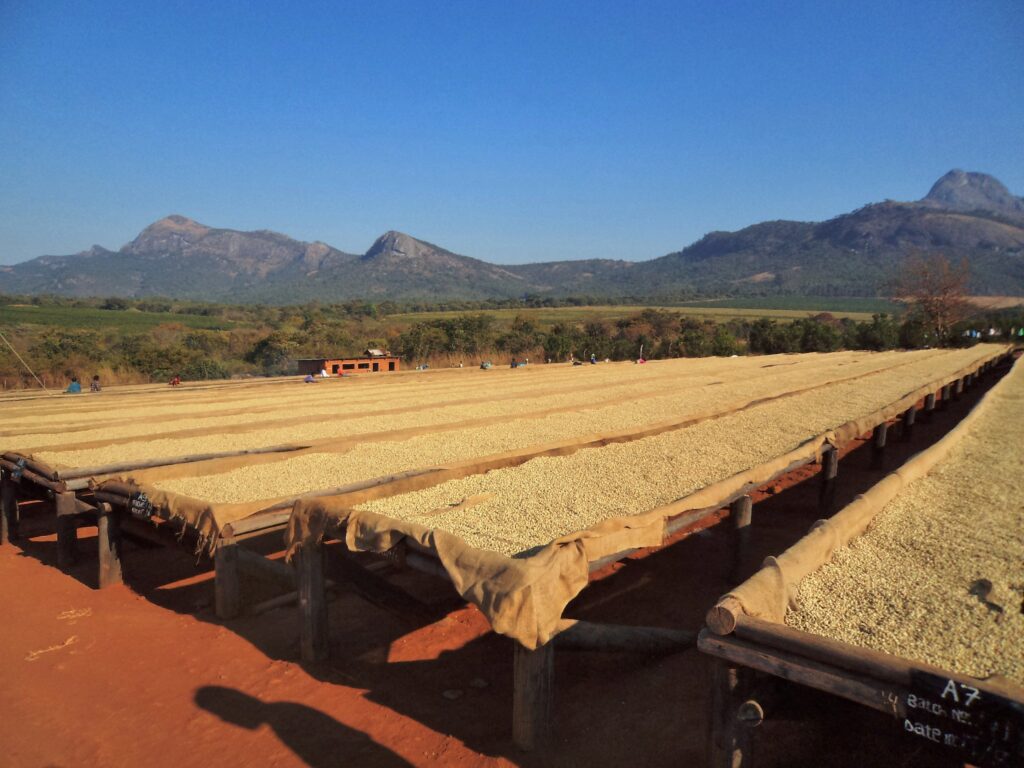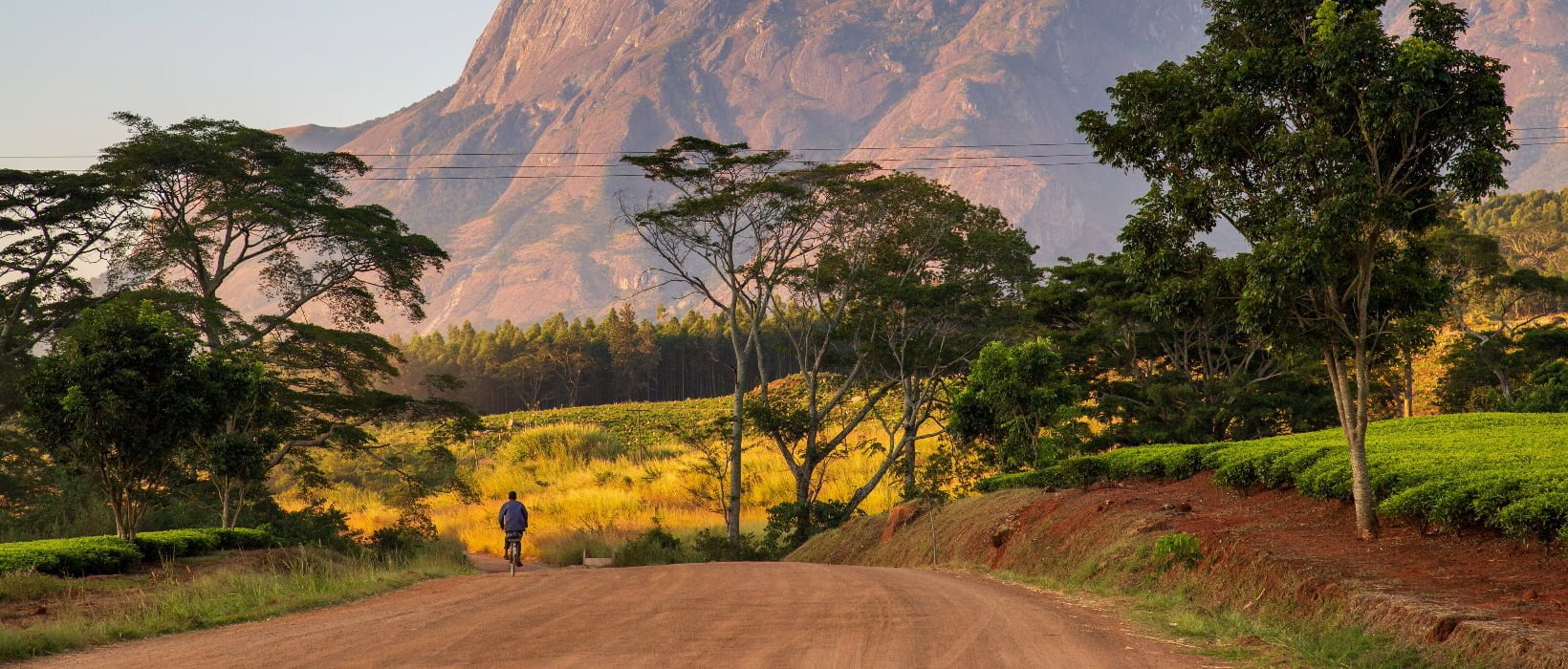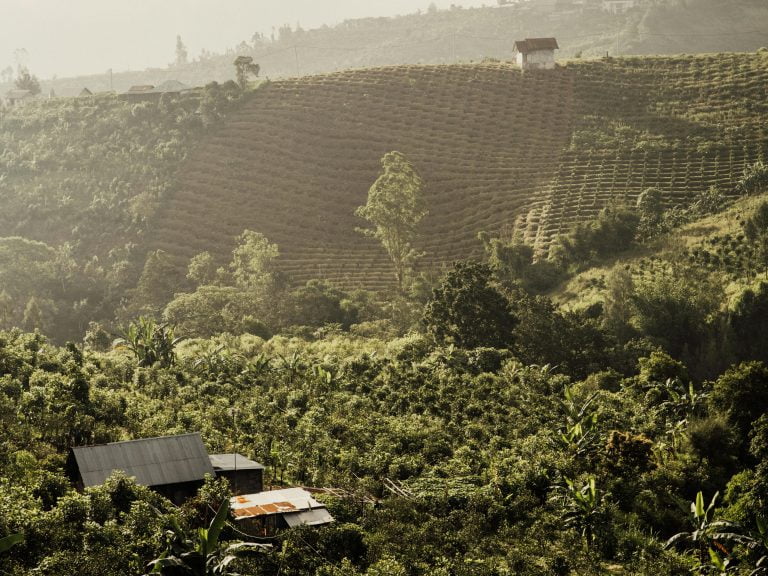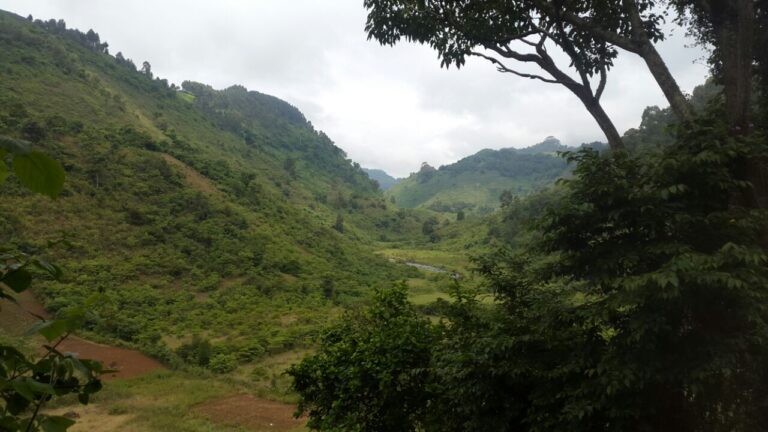If you are looking for a new and exciting coffee experience, you might want to try our latest offering from Malawi, a small and landlocked country in southeastern Africa. Malawi is not well-known for its coffee production, but it has a rich and diverse history that is reflected in its coffee culture.
Malawi’s prospects
Coffee was introduced to Malawi by missionaries in the 1880s, but it never became a major export crop like in other African countries. This is partly due to the lack of infrastructure, market access, and government support for the coffee sector. Malawi is one of the five poorest nations in the world by GDP per capita, but that doesn’t paint a full picture. This landlocked country is home to a diverse and innovative population, with over 18 ethnic groups and languages. If you’d like an example of their creativity and resilience, read up on the country’s citizens like William Kamkwamba, who built a windmill from scrap materials at age 14 to power his family’s home. There’s also Rachel Sibande, who started mHub, a center where young people can learn tech skills and create innovative solutions for their communities.
However, despite their potential, less than 20% of their population has access to electricity and purified drinking water. So, it’s no surprise that the 1,500 metric tons of coffee Malawi produces every year, is just a small fraction of the world’s supply. Most of that coffee is grown by smallholder farmers who own less than one hectare of land and rely on rain-fed irrigation. The average yield per hectare is also low compared to other countries, and the farmers face many difficulties such as pests, diseases, climate change, and low prices. The good news is that there is great potential for increasing the volume and quality of Malawi coffee through investments, innovations, and partnerships.
Our partners at Sable Farms
Sable Farms is the largest coffee producer and exporter in Malawi, representing two estates in the south and east of the country: Ngapani Estate and Mlambe Estate. Together, they cover 574 hectares under coffee cultivation, producing exceptional washed arabica with a focus on environmental and social sustainability. While we typically like to work with smaller farms, they’ve been a huge source of stability in their community, Sable Farms employs about 1,800 workers throughout the year, providing them with health insurance, education, and clean water. They also use drip irrigation, eco water filtering systems, and work with the Rainforest Alliance to conserve natural resources and protect biodiversity.

The Taste
This month’s lot is made up of selected peaberries found within Sable Farm’s caturra and catimor crop. A peaberry is a rare mutation of a normal coffee bean that results in a single, round, and dense seed instead of two flat-sided seeds. Peaberries are sometimes believed to have more flavor and sweetness than regular beans because they receive all the nutrients from the cherry. The verdict’s still out on whether or not that’s true, but we can tell you that either way, the resulting coffee is insanely delicious. The coffee was harvested at peak ripeness, then delivered to the washing station to be depulped, fermented, washed, and dried on raised beds. The result is a smooth and nuanced coffee with a fantastic natural sweetness and refreshing acidity. We taste creme brulee, dark chocolate, and grapefruit in this coffee. We hope you enjoy this gem of a coffee as much as we do!




